I hate to break it to you, but there is no magic cure for your garden. Epsom salts won’t fix every problem. Not every weed can be controlled with vinegar and salt. You can kill plants just as easily with organic cures as you can with conventional ones. Stop looking for a magic cure and turn to science instead.
There’s No Magic Cure for the Garden
The garden is certainly full of magic, but there’s no magic cure for your garden or its problems. If you’ve got a problem with powdery mildew, or aphids, or Japanese beetles, there’s no “hack” or “time saving tip” or Epsom salt cure that’s going to work like magic.
I’m sick and tired of seeing posts on Pinterest that make it sound like you just buy a product or whip up a batch of organic what-not and all of your garden’s woes are solved. It’s the same terrible mindset that makes people think that there should be a simple pill to cure every ill.
Let’s Ban the Word “Hacks” from the Gardener’s Lexicon
Another thing that pisses me off is the word “hacks” as in “simple hacks you absolutely have to know”. It’s a word that has come to mean a tip that will save you time. Now, I’m all for saving time in the garden. But some things do take time.
Plants need time to grow. Soil needs time to grow healthy colonies of microbes. Seeds need time to germinate.
You can try all the tricks you want, but if plants take 90 days to maturity, they take 90 days to maturity. You can’t rush your way through the garden.
Keep Gardening Simple but Scientific
Lastly, let’s keep gardening simple…but scientific. No, there aren’t any tricks. There aren’t magic cures. But the natural world does seem like magic sometimes, doesn’t it? That’s because nature and the science behind plants and gardening is beautiful and fascinating in its own right.
You don’t need a PhD in chemistry or biology to garden, but you do need common sense. It would be wonderful if sprinkling a handful of Epsom salts into the planting hole would guarantee a healthy plant, but it doesn’t work that way. Gardeners who claim they used such a trick and their plants thrived may be ascribing an effect to the wrong cause.
It’s like saying there are no tigers in my garden ever since I placed that pink flamingo statue there; if I say that the flamingo statue wards off tigers, I’m ascribing the wrong cause and effect. There are no tigers in my garden because tigers don’t live in the wild of Virginia.
If you used Epsom salts in your garden and your plants grew well, perhaps it’s because you did something else, or you’re paying more attention to your garden now since you’ve tried to solve your problem. Maybe the Epsom salts did help; they can add a little magnesium to the soil, and both clay and sandy soils can be magnesium-poor. But they aren’t magic.
I’m all for organic gardening practices, but let’s start with scientifically-based practices. Let’s use time-tested traditional gardening methods backed by science. Let’s rotate crops. Let’s build healthy soils through manure, compost and cover crops. Let’s use barriers like floating row covers to keep insects away and mulches like straw to help reduce water use.
But let’s not be like children, hunting for the magic cure-all for the garden. There’s no magic cure for the garden. It’s tempting to clip a simple tip and hope it works. But isn’t using scientifically backed practices a lot more satisfying?
I’m sure this post won’t be popular, but it is true. And I hope that if you think so too, you’ll share it among your gardening friends.

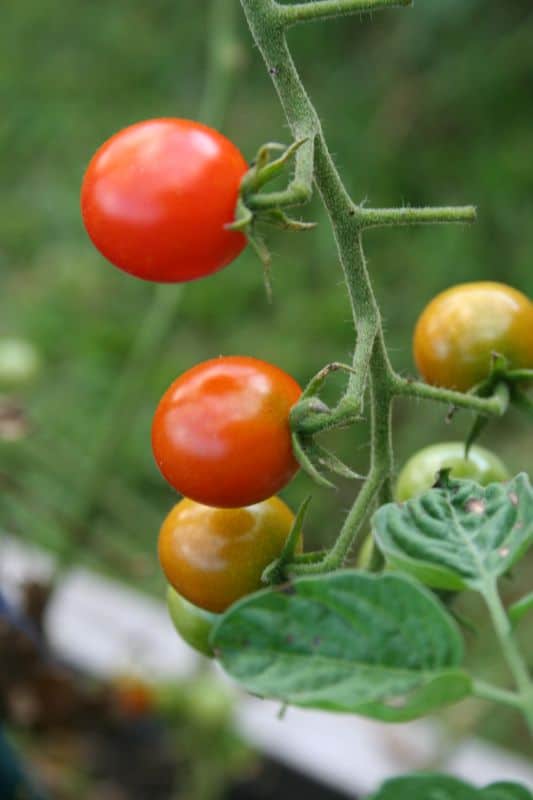

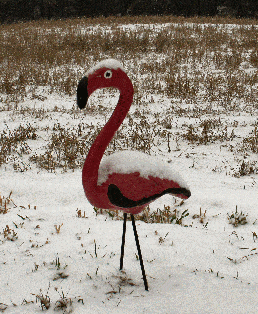
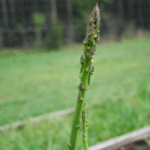
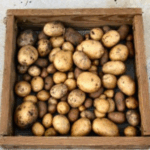

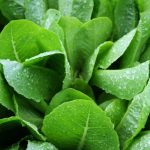
[…] don’t want to discourage anyone from trying natural remedies – goodness knows, that would be hypocritical of me. But before you try any natural remedy, I […]